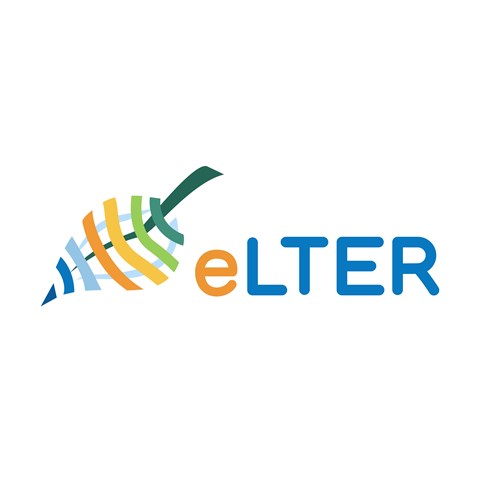The goal of gathering the research stations in a network is to be able to increase the understanding of changes in the environment and how humans affect it and are affected. Kevin Bishop, professor at the Department of Aquatic Sciences and Assessment and chairman of the board of the network European Long-Term Ecosystem Research, eLTER, comments on the meeting:
- We are at the beginning of developing the network into an official infrastructure, a so-called "European Research Infrastructure", ERIC. The key is that the countries cooperate and are able to agree on which methods we should use in the infrastructure. Standardised and long-term measurements from many locations are very important for the understanding of ecosystems. We have a great interest in it at SLU.
Long-term ecological research provides an in-depth opportunity to understand changes in ecosystems. Without this understanding, it becomes difficult to determine which changes are natural and which are caused by human influence. It creates space for more effective measures that deal with problems that arise.
Ulf Grandin, researcher at Department of Aquatic Sciences and Assessment, and coordinator of the Swedish stations involved in eLTER, gives an analogy for why the network is important:
- The network is about the same type of forecasting system that exists for weather, but we monitor how entire ecosystems react. The meteorologists have stations that measure, among other things, the temperature in the same way and can give us weather forecasts from these measurements. A thermometer is a thermometer that measures temperature regardless of where it is measured. But there are no ecosystem measurements that can give direct answers to how the ecosystems are doing. Ecosystems are very complex and require other types of measuring.
Membership in the network provides a large geographical spread of research stations. This is a big plus and important for both helping to generate and gaining access to worldwide data.
- An advantage when our European collaboration starts is that we get access to data from all these stations, says Kevin Bishop. With an expanded research infrastructure, it suddenly becomes possible to work in novel ways, as we then can compare data from the European sites. This allows us to better understand human impact on ecosystems.
The European LTER Network (eLTER) was established in 2007 with the aim of creating a European ecosystem monitoring infrastructure. Sweden joined the network in 2010 and has today 20 participating field stations. All of the 10 stations that are part of the Swedish Infrastructure for Ecosystem Science (SITES) participate in eLTER's Swedish network. Stefan Bertilsson, Professor at the Department of Aquatic Sciences and Assessment, and director of SITES, comments on the collaboration:
- From SITES' perspective, eLTER provides good opportunities for coordination and cooperation at a European level and opens up a wider user base for our own field research stations. SITES is already involved in eLTER by participating in the eLTER projects, something that brings an opportunity to influence the design of the emerging European infrastructure so that it will respond to the needs of Swedish researchers. We also see opportunities for us to take greater responsibility regarding certain types of planned functions, including support for the mobilisation of research data.
Kevin Bishop continues:
- SLU has a long tradition of field stations in this area and has become became deeply involved in this work. SLU's Vice Chancellor Maria Knutson Wedel represents Sweden at the meeting.
Expectations for the meeting are high, with a vision that eLTER will provide the opportunity for more accessible data from ecosystems and even more perspectives. Together, they can contribute to create the best conditions for a sustainable, thriving, and better world.
